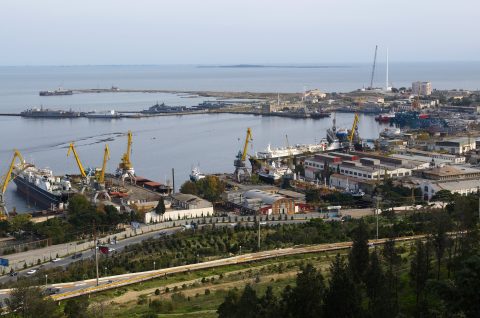Ukraine-Russia war impact on rail freight

On Thursday 24 February, Russian military forces launched attacks on multiple fronts in Ukraine, among others the cities Kramatorsk, Charkov, Odessa en Kiev. Some of these regions play an important role on the New Silk Road. In this blog, we keep track of all rail freight related news in relation to the war in Ukraine.
Do you want to read the full article?
Thank you for visiting RailFreight.com. Become a member of RailFreight Premium and get full access to all our premium content.
Are you already a member?
Having problems logging in? Call +31(0)10 280 1000 or send an email to customerdesk@promedia.nl.






The current operational situation of China-Europe Railway is not affected by the current developments in Ukraine.
We are monitoring the situation closely and in constant exchange with all our partners as well as the German authorities.
Feel free to contact us anytime: danny@wahle-lc.com
Pilot whale logistics focus on China TO Europe FCL+LCL railway transportation